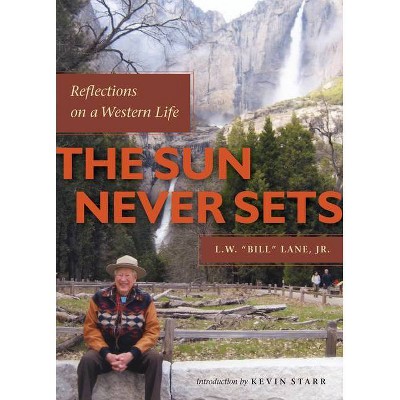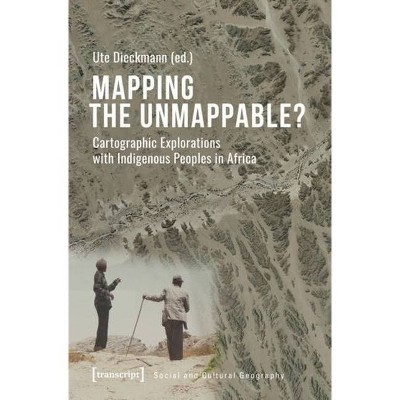The Sun Never Sets - (Nyu Social and Cultural Analysis) by Vivek Bald & Miabi Chatterji & Sujani Reddy & Manu Vimalassery (Paperback)
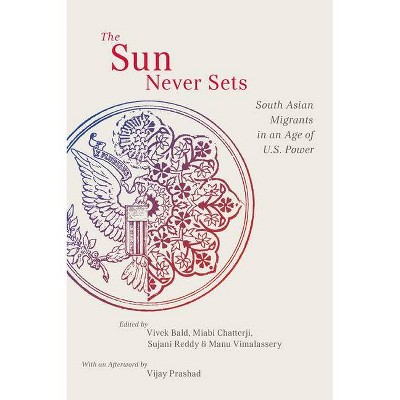
Similar Products
Products of same category from the store
AllProduct info
<p/><br></br><p><b> Book Synopsis </b></p></br></br><em>The Sun Never Sets</em> collects the work of a generation of scholars who are enacting a shift in the orientation of the field of South Asian American studies. By focusing upon the lives, work, and activism of specific, often unacknowledged, migrant populations, the contributors present a more comprehensive vision of the South Asian presence in the United States. Tracking the changes in global power that have influenced the paths and experiences of migrants, from expatriate Indian maritime workers at the turn of the century, to Indian nurses during the Cold War, to post-9/11 detainees and deportees caught in the crossfire of the "War on Terror," these essays reveal how the South Asian diaspora has been shaped by the contours of U.S. imperialism. Driven by a shared sense of responsibility among the contributing scholars to alter the profile of South Asian migrants in the American public imagination, they address the key issues that impact these migrants in the U.S., on the subcontinent, and in circuits of the transnational economy. Taken together, these essays provide tools with which to understand the contemporary political and economic conjuncture and the place of South Asian migrants within it.<p/><br></br><p><b> Review Quotes </b></p></br></br><br>The Sun Never Setsopens up radically new ways to think about diaspora that have so far privileged origins. By brilliantly dislodging nation-state derived ideals of origins, immigration, and restriction, the essays in this collection hone in on the lived experiences of sojourning and settlement through the vantage point of the immigrants themselves. An exciting new paradigm for Asian American Studies, The Sun Never Setswill bethepoint of reference for how to understand immigration in the United States.--Sharmila Rudrappa, University of Texas at Austin<br><br>This unique collection spans over 100 years of South Asian migration to the U.S., offering us a rich history of early immigrants and migrants, undocumented workers and ship stowaways, and the anti-colonial activists of the early 20th centuries whose histories have largely been ignored. The essays unfold within a theoretical framework of 'empire and global power' to provide complex analyses of the transnational mobility of understudied populations and feature meticulous archival work that reveals the alliances that early South Asians made with Mexicans, Irish, Chinese, and African Americans.--Rajini Srikanth, author of Constructing the Enemy: Empathy/Antipathy in U.S. Literature and Law<br>
Price History
Price Archive shows prices from various stores, lets you see history and find the cheapest. There is no actual sale on the website. For all support, inquiry and suggestion messagescommunication@pricearchive.us


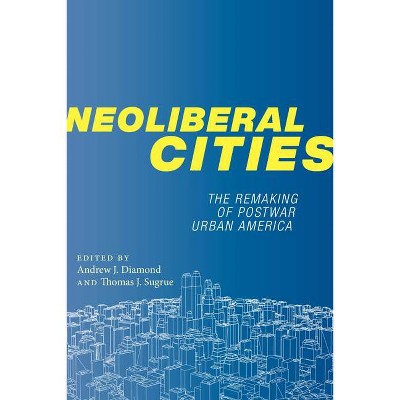
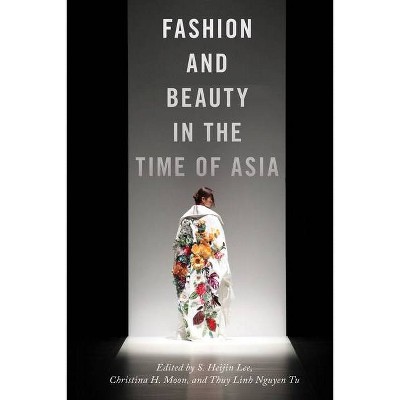
![A Sun That Never Sets [LP] - VINYL](https://pisces.bbystatic.com/image2/BestBuy_US/images/products/3130/31300449_so.jpg)
